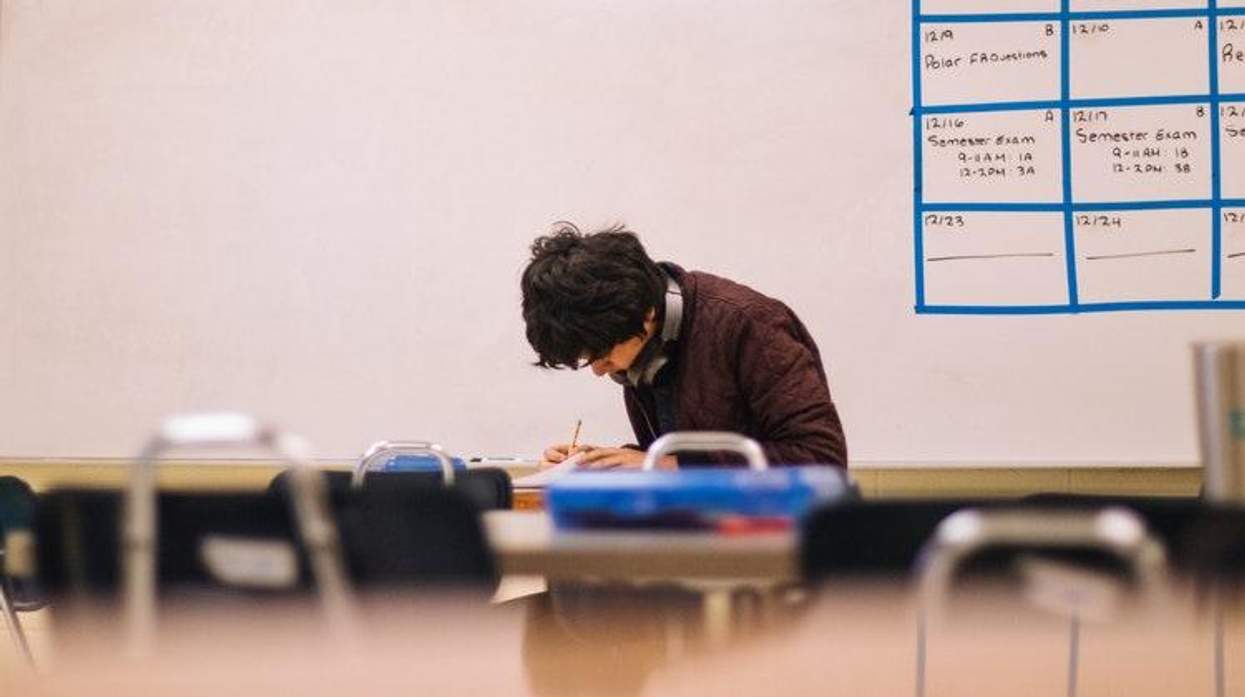The Texas State Board of Education has given preliminary rejection to a plan to include lessons about sexual orientation and gender identity in the sex education curriculum, but LGBTQ+ advocates are fighting back.
The Republican-majority board last week voted down a proposal by member Ruben Cortez, a Democrat, to teach students in middle school and high school about the difference between sexual orientation and gender identity, ABC News reports. It also rejected a move to start lessons about consent in middle school, as some board members thought the topic inappropriate for students that age. A final vote will come in November.
"Social conservatives thought that telling students anything about sexual orientation or gender identity was somehow controversial or even radical," Dan Quinn, research director for the Texas Freedom Network, a civil liberties group, told ABC News Tuesday. "But what the board was considering didn't require any explicit sexual discussions or any agenda other than helping make schools safe and inclusive for all kids."
When Cortez made the proposal, he shared a story about his daughter struggling to accept her gender identity. "One of my children this summer came out to us and the fact that she had to bottle that in for years thinking that we wouldn't accept her," he said. "It's difficult to imagine what other students who don't live in a tolerant house would go through if we don't insert language like this to help our students."
He intended for the lessons to emphasize "the importance of treating all people with dignity and respect regardless of their sexual orientation and gender identity," he said.
Allies noted the high risk of bullying faced by LGBTQ+ students. "Imagine the tragic message state board members have sent by refusing to acknowledge that LGBT students even exist in our classrooms," Carisa Lopez, political director for the Texas Freedom Network, told ABC. "The board had a chance to stand with young people who are looking to feel safe and respected in their schools. A majority of board members chose to abandon them and stand with the bullies instead."
The board did give preliminary approval to teaching middle school students about contraceptives and other means of preventing pregnancy and sexually transmitted infections; the state currently has a policy of teaching about abstinence only. Those who pushed for expanding the lessons pointed out that lack of information about contraception contributes to Texas's high teen pregnancy rate.




































































Charlie Kirk DID say stoning gay people was the 'perfect law' — and these other heinous quotes